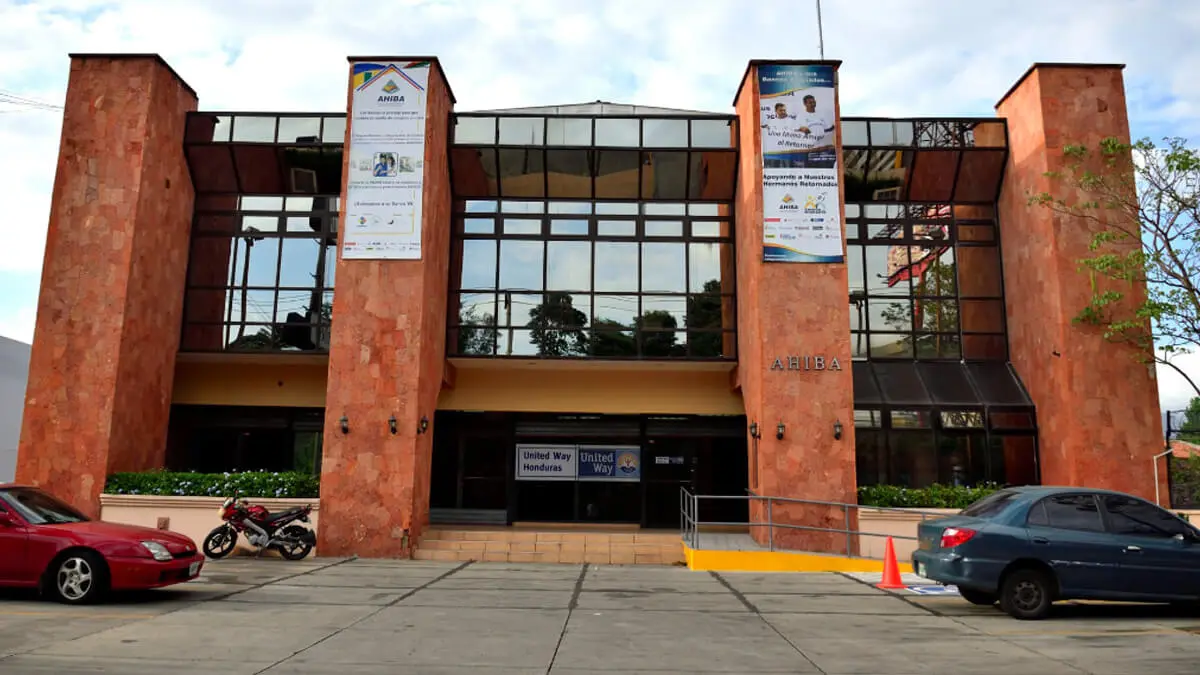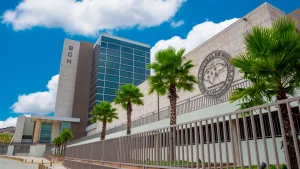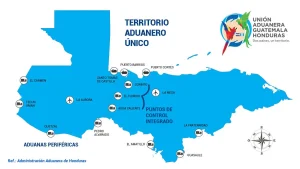Honduran Financial System

The Financial System of a country is the set of financial institutions or intermediaries, directly or indirectly related to each other, that collect temporarily idle savings and offer them to credit applicants.
The Central Bank of Honduras
The Central Bank of Honduras was created on February 3, 1950, by Legislative Decree No. 53, and began operations on July 1 of that same year, under the ownership of Attorney Roberto Ramírez , in an inauguration ceremony presided over by Dr. Juan Manuel Gàlvez, President of the Republic .
The financial companies whose operations are the sale of financial services are regulated by the law of financial institutions, said law has the objective of regulating the organization, constitution, operation, merger, transformation and liquidation of the institutions of the national financial system, another regulatory entity is the commercial code and on the other hand we have the regulations established by the Central Bank of Honduras, which is the main financial institution in a market economy, thus being the state institution that formulates, develops and executes the Monetary, credit and exchange policy of the country.
The general scheme of the Honduran financial system has its axis in the Central Bank of Honduras (BCH) around it, the National Commission of Banks and Insurance (CNBS) is coordinated and ascribed, these organisms have designated the evaluation of other institutions.
Learn more about the history of the Central Bank of Honduras
The Central Bank of Honduras, as a monetary authority, has as its primary objective, to regulate the normal functioning of the payment system, financial institutions such as commercial banks, savings and credit associations, financial companies, second-tier banks and representation.
On the other hand, it is designed to regularize insurance and pension companies, which include pension fund administrators, provident institutions and insurance companies.
The National Banking and Insurance Commission
On June 10, 1996, the then Constitutional President of Honduras, Dr. Carlos Roberto Reina , officially and solemnly installed the National Banking and Insurance Commission (CNBS), appointing the first Commissioners of this entity, through agreement No. 0010 of January 8, 1996.
The National Commission of Banks and Insurance, will exercise through the superintendencies the supervision, vigilance and control of private and public banks, insurers, reinsurers, savings and loan associations, financial companies, general deposit warehouses, stock exchanges, exchange, pension funds, credit card issuing companies and others that carry out financial operations. It will also ensure that said institutions have systems to prevent money laundering and financing of terrorism, enforcing the laws that regulate these activities.
These two regulatory financial entities have in common the supervision, regulation and support of the national financial system of Honduras. It is important to clarify that the activities of both entities are not exclusive but rather complementary, but each within the scope of action and powers that their own organic laws confer on them.

The Honduran Association of Banking Institutions
Commercial Banking in Honduras are associated through the Honduran Association of Banking Institutions (AHIBA)
AHIBA is a non -profit organization, of indefinite duration, that currently groups 15 commercial banks that operate in Honduras.
See also the List of Banks, pensions, insurance and finance companies of Honduras
It was founded on September 24, 1956, its founding members being the following:
- Property Bank SA, represented by Mr. Fernando Villar,
- Honduran Savings, SA by Mr. Roberto A. Zelaya,
- The Honduran Capitalizer by Don Raúl Zelaya S. and
- Honduran Insurance SA, by Don Marco Agurcia
It is made up of a Board of Directors, made up of a proprietary representative and two alternates for each of the Member Banks.
The Board of Directors elects a Board of Directors of eight members, made up of the President, First Vice President, Second Vice President, Secretary, Treasurer, Member I, Member II, Member III, who last in office for two years, and may be re-elected. This Board of Directors has the managerial support of an Executive Director.
The AHIBA Ordinary General Assemblies take place once a year, during the month of July.
AHIBA Chapters
The AHIBA Board of Directors has authorized the formation of Chapters in the cities of San Pedro Sula, Puerto Cortés, Choluteca, La Ceiba, Juticalpa and Danlí. The chapters deal with matters that affect the banking industry in their area of influence and, if necessary, bring them to the attention of the Board of Directors.
See also the List of Banks, pensions, insurance and finance companies of Honduras
Source: National Banking and Insurance Commission




